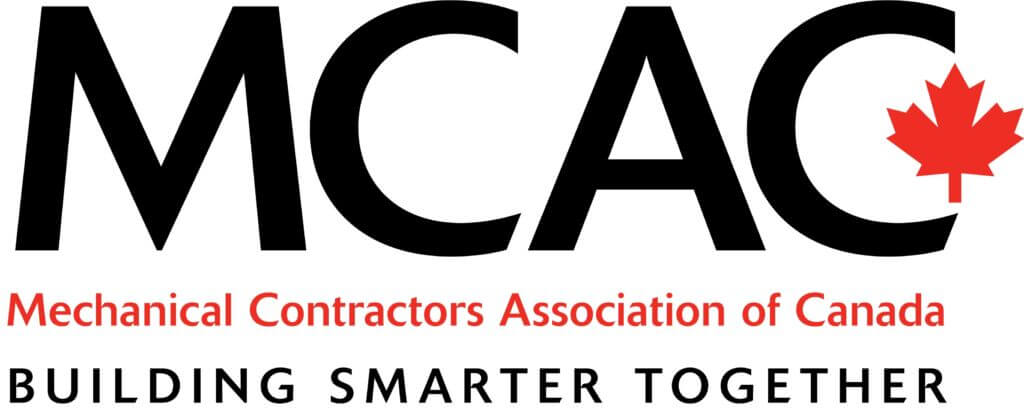[fusion_builder_container hundred_percent=”no” hundred_percent_height=”no” hundred_percent_height_scroll=”no” hundred_percent_height_center_content=”yes” equal_height_columns=”no” menu_anchor=”” hide_on_mobile=”small-visibility,medium-visibility,large-visibility” status=”published” publish_date=”” class=”” id=”” link_color=”” link_hover_color=”” border_size=”” border_color=”” border_style=”solid” margin_top=”” margin_bottom=”” padding_top=”” padding_right=”” padding_bottom=”” padding_left=”” gradient_start_color=”” gradient_end_color=”” gradient_start_position=”0″ gradient_end_position=”100″ gradient_type=”linear” radial_direction=”center center” linear_angle=”180″ background_color=”” background_image=”” background_position=”center center” background_repeat=”no-repeat” fade=”no” background_parallax=”none” enable_mobile=”no” parallax_speed=”0.3″ background_blend_mode=”none” video_mp4=”” video_webm=”” video_ogv=”” video_url=”” video_aspect_ratio=”16:9″ video_loop=”yes” video_mute=”yes” video_preview_image=”” filter_hue=”0″ filter_saturation=”100″ filter_brightness=”100″ filter_contrast=”100″ filter_invert=”0″ filter_sepia=”0″ filter_opacity=”100″ filter_blur=”0″ filter_hue_hover=”0″ filter_saturation_hover=”100″ filter_brightness_hover=”100″ filter_contrast_hover=”100″ filter_invert_hover=”0″ filter_sepia_hover=”0″ filter_opacity_hover=”100″ filter_blur_hover=”0″][fusion_builder_row][fusion_builder_column type=”1_1″ spacing=”” center_content=”no” link=”” target=”_self” min_height=”” hide_on_mobile=”small-visibility,medium-visibility,large-visibility” class=”” id=”” hover_type=”none” border_size=”0″ border_color=”” border_style=”solid” border_position=”all” border_radius=”” box_shadow=”no” dimension_box_shadow=”” box_shadow_blur=”0″ box_shadow_spread=”0″ box_shadow_color=”” box_shadow_style=”” padding_top=”” padding_right=”” padding_bottom=”” padding_left=”” margin_top=”” margin_bottom=”” background_type=”single” gradient_start_color=”” gradient_end_color=”” gradient_start_position=”0″ gradient_end_position=”100″ gradient_type=”linear” radial_direction=”center center” linear_angle=”180″ background_color=”” background_image=”” background_image_id=”” background_position=”left top” background_repeat=”no-repeat” background_blend_mode=”none” animation_type=”” animation_direction=”left” animation_speed=”0.3″ animation_offset=”” filter_type=”regular” filter_hue=”0″ filter_saturation=”100″ filter_brightness=”100″ filter_contrast=”100″ filter_invert=”0″ filter_sepia=”0″ filter_opacity=”100″ filter_blur=”0″ filter_hue_hover=”0″ filter_saturation_hover=”100″ filter_brightness_hover=”100″ filter_contrast_hover=”100″ filter_invert_hover=”0″ filter_sepia_hover=”0″ filter_opacity_hover=”100″ filter_blur_hover=”0″ last=”no”][fusion_text columns=”” column_min_width=”” column_spacing=”” rule_style=”default” rule_size=”” rule_color=”” hide_on_mobile=”small-visibility,medium-visibility,large-visibility” class=”” id=”” animation_type=”” animation_direction=”left” animation_speed=”0.3″ animation_offset=””]
INTRODUCTION
 Canada is not ready to make the necessary transition to achieve net-zero carbon emissions by 2050.
Canada is not ready to make the necessary transition to achieve net-zero carbon emissions by 2050.
The country’s long-term objectives depend on successfully reaching short-term milestones. Those short-term milestones are in jeopardy, especially in the construction sector, because labour market pressures have yet to be addressed.
Market transformation initiatives have begun, but the pace of change needed is rapid and all participants in the sector from manufacturers to contractors to consultants to tradespeople to customers need to better understand the goals and pathways to sustainability that the government envisions.
This submission recommends key investments in the near term that the federal government must make to ensure greater ease of transition. These changes will bring more people to the skilled trades—especially in green jobs—and ensure sustainability for businesses that must succeed for Canada’s plan for more green buildings to succeed.
[/fusion_text][fusion_accordion type=”” boxed_mode=”” border_size=”1″ border_color=”” background_color=”” hover_color=”” divider_line=”” title_font_size=”” icon_size=”” icon_color=”” icon_boxed_mode=”” icon_box_color=”” icon_alignment=”” toggle_hover_accent_color=”” hide_on_mobile=”small-visibility,medium-visibility,large-visibility” class=”” id=””][fusion_toggle title=”Recommendation #1 – Attracting Workers to the Skilled Trades” open=”no” class=”” id=””]
MCAC and CIPH Recommend:
That the federal government invest in attracting workers to skilled trades essential to Canada’s carbon transition—especially the mechanical trades—to ensure current and future labour market challenges are weathered.
a. We recommend doubling the annual maximum tax credit per apprentice in the Apprenticeship Job Creation Tax Credit from $2,000 to $4,000.
b. We recommend doubling the annual amount of the Apprenticeship Incentive Grant to $2,000 per year or level, and the lifetime amount to $4,000 per person.
c. We recommend doubling the annual amount of the Apprenticeship Incentive Grant for Women to $6,000 per year or level, and the lifetime amount to $12,000 per person.
[/fusion_toggle][fusion_toggle title=”Recommendation #2 – Promotion of the Sector and the ‘Green Jobs’ Available” open=”no” class=”” id=””]
MCAC and CIPH Recommend:
That the federal government launch a promotion plan that identifies certain skilled trades, including the mechanical trades, as green jobs essential to Canada’s carbon transition.
a. The plan should include at least $3 million in paid advertising annually over the next five years.
b. The plan should include $500,000 for professional organizations in the mechanical sector, including MCAC, to develop a toolkit for contractors to use in their marketing and promotion efforts to potential workers in the mechanical sector.
c. Toolkits would also be shared with advisors in the education sector, including career counsellors, guidance counsellors and teachers in high schools to better provide advice about the potential of careers in the skilled trades.
[/fusion_toggle][fusion_toggle title=”Recommendation #3 – Investment in Technology” open=”no” class=”” id=””]
MCAC and CIPH Recommend:
That the federal government invest in technology development programs for mechanical systems, including systems that heat and cool buildings using water, to ensure the sector is ready to meet market demands of future improvements to building codes and product standards.
[/fusion_toggle][/fusion_accordion][fusion_separator style_type=”default” hide_on_mobile=”small-visibility,medium-visibility,large-visibility” class=”” id=”” sep_color=”” top_margin=”” bottom_margin=”” border_size=”” icon=”” icon_size=”” icon_circle=”” icon_circle_color=”” width=”” alignment=”center” /][fusion_button link=”https://mcac.ca/wp-content/uploads/2022/10/MCAC-CIPH-Pre-budget-submission-2022.pdf” text_transform=”” title=”” target=”_blank” link_attributes=”” alignment=”center” modal=”” hide_on_mobile=”small-visibility,medium-visibility,large-visibility” class=”” id=”” color=”default” button_gradient_top_color=”” button_gradient_bottom_color=”” button_gradient_top_color_hover=”” button_gradient_bottom_color_hover=”” accent_color=”” accent_hover_color=”” type=”” bevel_color=”” border_width=”” border_radius=”” border_color=”” border_hover_color=”” size=”” stretch=”default” icon=”” icon_position=”left” icon_divider=”no” animation_type=”” animation_direction=”left” animation_speed=”0.3″ animation_offset=””]Click Here to Download a Copy of the Prebudget Submission[/fusion_button][/fusion_builder_column][/fusion_builder_row][/fusion_builder_container]
